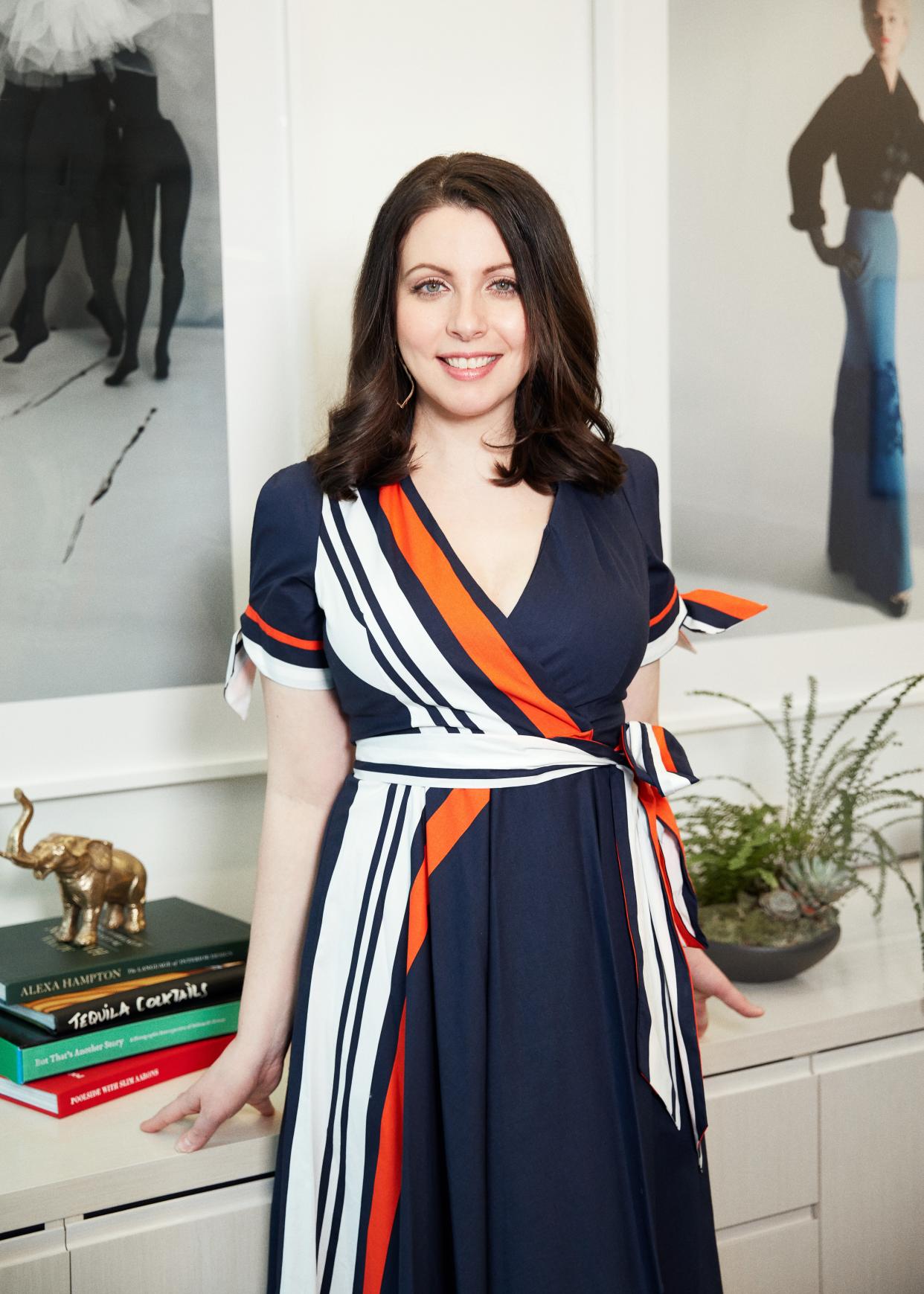I Spent Years Pulling Out My Eyebrows and Eyelashes. The Right Brow Pencil Helps Me Leave the House.

I don’t remember the first time I pulled out my eyelashes and eyebrows. But I do remember the distress this compulsion caused me when I was in high school, before I understood why I did it or how to handle the aftermath. Today I know that if I have a bad pulling spree that leaves my poor brows or lashes with bald patches, I can turn to all manner of cosmetics—from pencils to gels to powders—to mask the damage. But in high school, I didn’t know the first thing about makeup. So I used a black ball-point pen, instead.
It looked ridiculous. So ridiculous, in fact, that a boy in one of my classes in tenth grade drew a giant outline of my eyebrows on the blackboard, and filled them in with squiggly lines where the brow hairs should have been. “Why do your eyebrows look like this?” he said, and everyone laughed.
This story has a decently happy ending. As I got older, I learned more about my habit, which for years I’d considered an inexplicable and humiliating source of shame. Turns out I was dealing with a pretty textbook case of trichotillomania, also known as hair-pulling disorder, which the Mayo Clinic describes as “a mental disorder that involves recurrent, irresistible urges to pull out hair from your scalp, eyebrows or other areas of your body, despite trying to stop.” Hair-pulling is one of several manifestations of what experts call “body-focused repetitive behavior” (or BFRBs); other forms of BRFBs include excessive skin-picking and nail-biting.
Learning that other people shared these experiences, to the point that there was an actual name for this condition, helped me feel less confused, afraid, and alone. And therapy helped me better understand myself and my triggers. It also, crucially, gave me the tools I needed to control these destructive urges, at least most of the time.
Meanwhile, I also learned more about the power of makeup. A more positive memory: A good friend of mine taught me how to apply eyeliner in a bathroom during a party in college. Now the bald patches in my eyelashes could be less noticeable. Transformative. Another friend pointed out a few other women we both knew who also pulled out their lashes and brows, something I hadn’t even noticed because they were significantly more adept at covering it up than I was. I took notes.
Today I very rarely pull at my brows and lashes to the point where it causes noticeable damage, which feels like an enormous victory in itself. Unfortunately, my decade-plus of repeatedly and compulsively tearing at my face has left my brows extremely sparse—turns out that hair just eventually stops growing back. I still only rarely wear makeup, but because of my ultra-thin brows, I absolutely will not leave the house without filling them in. If I don’t know where my eyebrow pencil is, I feel a bit panicky. I hate the way my eyebrows look without makeup, and I worry about what people will think of me. It makes me feel like I’m in high school all over again. Eyebrow makeup gives me the confidence to go out in the world and think about literally anything else besides my dumb, stressful, embarrassing eyebrows. Truly a gift.
I’ve been reflecting about my experiences with trichotillomania a lot lately, particularly in the past few months as SELF editors have been testing and selecting winners for this year’s Healthy Beauty Awards.
Would I prefer to be more evolved, perhaps, and not care at all what people think of my eyebrows? Of course. I’d also prefer that skinny, patchy brows were totally unremarkable, rather than coded as unattractive; that they didn't signal that I don’t know how to take care of myself, or that I’m unwell, or unstable. What I’d prefer more than anything is for the stigma around mental illness to evaporate. But in the meantime, I’m immensely grateful for beauty products. They give me the power to look like the person I want people to see.
At SELF, our approach to “healthy” beauty is that products can be powerful because they help you feel good. The best products can genuinely help you manage or contend with your skin type, hair type, or, in many cases, actual medical conditions. They can also help you express yourself in a way that makes you feel more comfortable, and less self-conscious.
Our testing and selection process for the awards this year was more rigorous than ever, and involved, among other things, 83 people testing over 1,250 products. Many of our testers have conditions such as eczema, psoriasis, cystic acne, scarring, dark spots, dry skin, thinning hair, and trichotillomania. They are serious about the products they use, because in many cases, like mine, those products can make a huge difference in their daily lives.
My hope is that, whatever your concern or need when it comes to skin care, hair care, and cosmetics, these winners can help give you the confidence, assurance, and peace of mind that a good brow pencil gives me.
Carolyn Kylstra is the editor in chief of SELF.
Originally Appeared on Self

